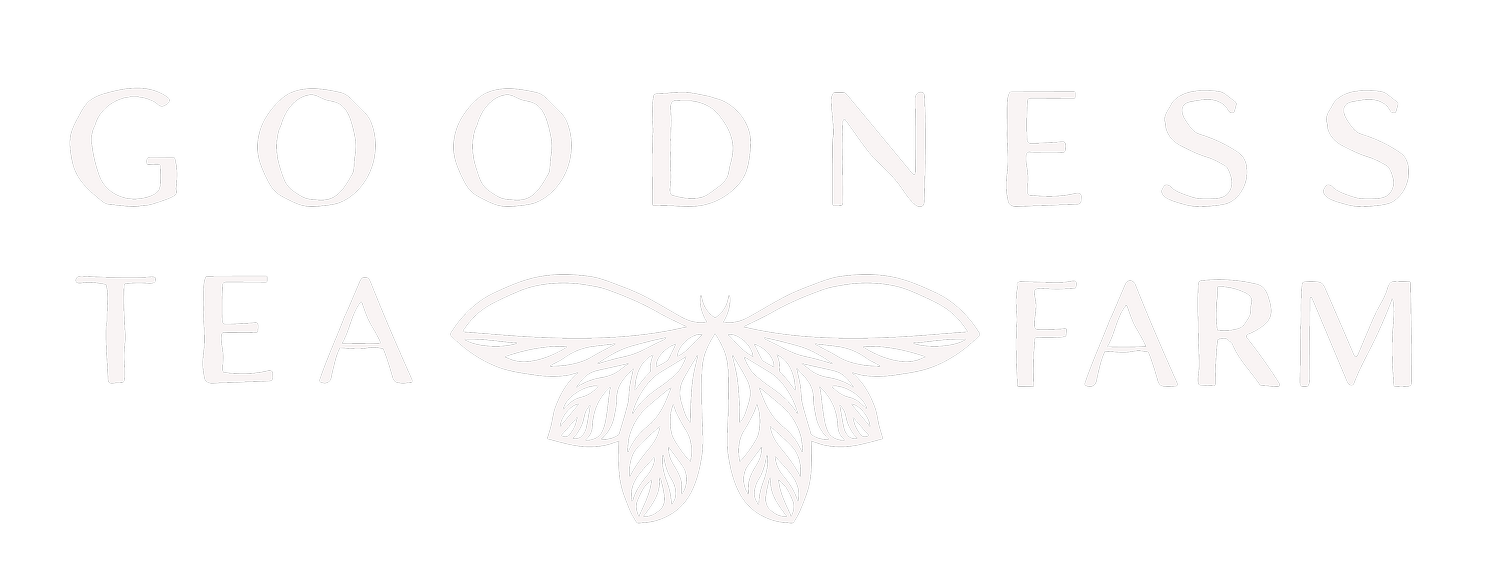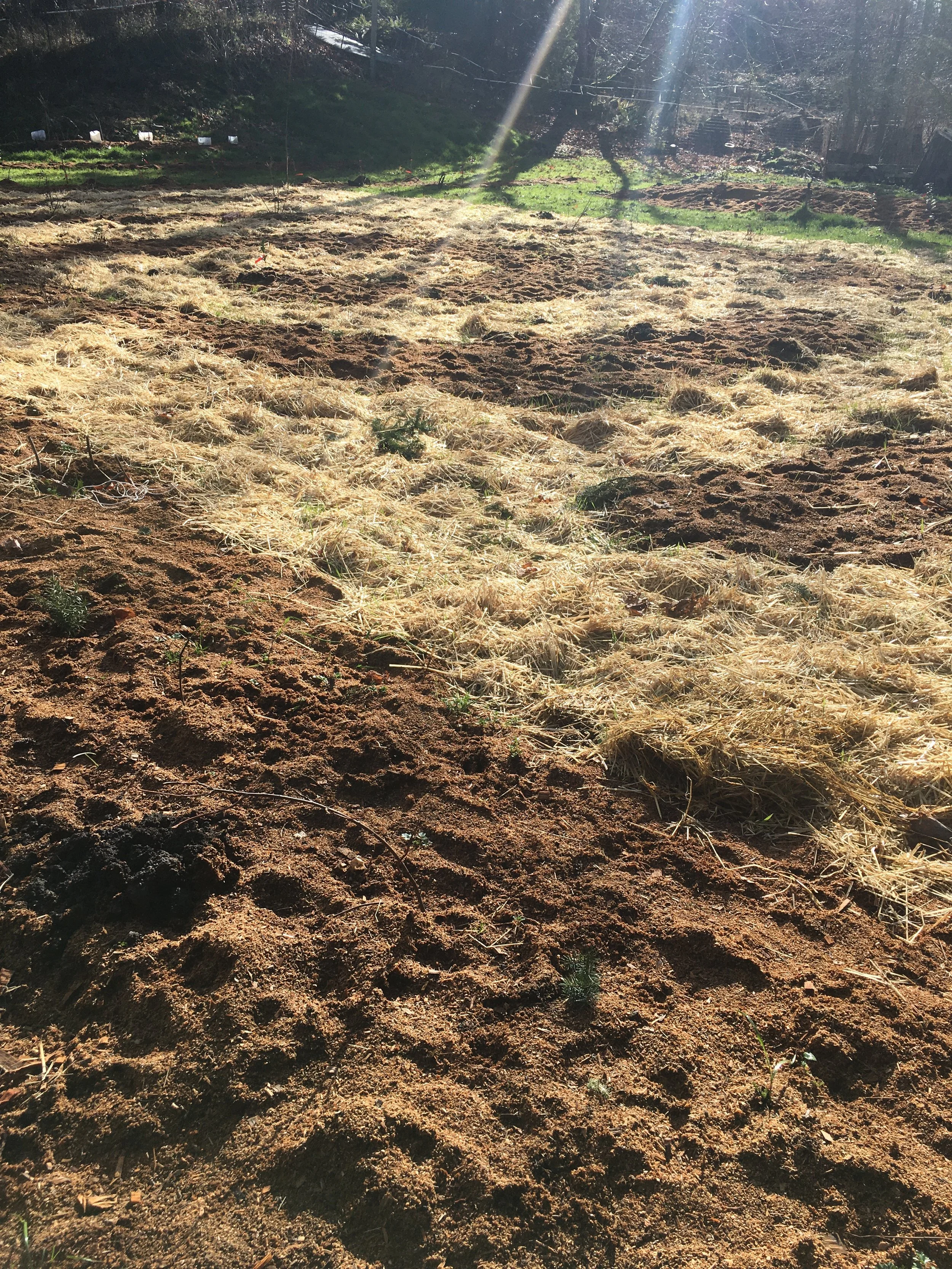Sweet and Bitter Chocolate Justice
Happy post-Juneteenth!
A reminder that even though slavery was abolished many years ago, there is a legacy of live and active threads that need to be removed from the tapestry of America (how it relates to chocolate and teatime)
A brief history lesson of slavery unraveling and resisting:
During the Civil War in January of 1863, slaves in confederate states were freed through the Emancipation Proclamation, at this time southern states remained in bondage. One-month shy of three years later in December 1864 the 13th Amendment was passed, outlawing slavery, except for prison labor, across America. Still, in places like Galveston, Texas slavery continued on until June 19, 1865 when U.S. Troops brought news of freedom to the enslaved, with an army of soldiers to enforce it with slave-holders.
In 1865 and beyond, new structures and systems were created to exploit and enslave the black community (read this!). There are accounts of complete denial of slaverys’ end by some slave-holders, and white mobs attacking and murdering the formerly enslaved through lynchings, shootings, rapings, mutiliations and other forms of racial violence rather than recognize their freedom. There were kidnappings and fleeing to South America where slavery was legal; and racist laws were created that criminalized black folks, putting them in the prison system where forced labor (slavery) still continues to this day.
Economics and Slavery:
Goodness Tea is dedicated to using resources and practices that do not exploit the land or people. We are one modern business and not at all representative of modern tea and chocolate industries as a whole, or their history. Todays global consumption of these popular botanicals is in large part due to a history of exploitation, with the foundational infrastructure and national economy built off of indentured black bodies. The expectation for low prices for consumers (with high profits for business owners) first depended on slave labor, and now requires cheap foreign labor/components, low wages or government subsidies. Slave-labor paved the road for today’s continued low cost. Please read the links at the bottom to learn more.
Businesses need to step up and realize this great privilege and step-up we have for achieving success was created through the exploitation of enslaved black people, stolen from their homelands, or born or kidnapped into slavery in America. So we realize, then what? How can we be a part of collectively healing from this harm? I don’t think ignoring our past and how we got here is the way. Acting like its congress’s problem to derive a solution for isn’t the way either.
As a business owner I see I need to do something to raise awareness, and to take steps to right the wrongs however we can. The collective impact of choices by the economic sector could force the hand of regulation. Even without that, the day-to-day choice of buying fair-trade, and of giving financial support to tribes and organizations doing good work is shifting the responsibility back to what can be done now to recognize the harm and remediate.
Goodness Tea’s Commitment to Mutual-Aid (we already got ours, time to give back)
Goodness Tea Farm Herb Spiral: on stolen Coast Salish (S’Klallam) land. We produce tea and chocolate. These greater industries still use slave labor (buy local or fair-trade!).
Goodness Tea is committed to having a steady link between our growth and how much we give to support the community. Now included in our costing is Indigenous Royalties payments derived from tea sales, Reparations Payments from chocolate sales, and local Community Benefit funds, derived from quarterly net profits. Community benefit funds are given from the surplus after we pay the bills, knowing it’s safe to give generously to local causes since the bottom line has been met. Royalties and Reparations are a long-overdue bill that has to be paid first.
An epiphany to account for historical injustice
At the start of 2022 I had an epiphany that a few elements of our production that are so intertwined with historical wrongdoing by the economic sector, that we have to account for them as a function of our ingredients and labor costs (not as a function of profits, which are ever elusive to a small business). First we could not farm, source from farmers, or wild harvest if the first peoples didn't care for the land, nor if it wasn't stolen by settlers who set the stage for today’s agricultural economy. Second, we could not sell chocolate and import exotic botanicals without using channels established through slave labor in America and beyond. I knew it was time to recalculate production costs, and factor in these elements as an honest part of our COGS formula (cost of goods sold). These are real costs, and are now factored in as an addition $0.03 added to Goodness Tea’s cost of goods sold calculations. For tea, $.03/unit is added to our ingredient cost as a nod to the rent or land-sale monies traditional holders of the land never received (because the land was taken). These funds are given to tribal groups. With our chocolate, $.03/unit is added to the labor cost to acknowledge the past and present injustice of the chocolate industry. These funds are given to organizations that serve the black community. More specifics on who we support below. Please keep reading!
Goodness Tea cannot infuse only goodness into your cup with a blood-stained root-system
We cannot separate ourselves from the timeline of history and the foundations of our economy. These payments are an acknowledgement, a step to do what we can and recognize there is a long way to go.
Since the end of quarter one I have been setting aside hunks of time to input and pull out all the data needed to make sure I have a factual financials and donation-capacity report. Its taking more time than I expected! Rather than waiting longer to share what's going on, I just want you to know I am working on it : ) All the numbers are recorded, and perhaps its going to be a semi-annual report instead. It's exciting to develop a clear understanding of what it takes to run Goodness Tea, and to have costing formulas that cover operating expenses and budget giving back to the communities that support us as a necessary part of our process.
Organizations Goodness Tea Supports
Learn about Save Chimacum Springs and FundForReparationsNow and join us in supporting them:
Our quarter 1 2022 Indigenous Royalty payment will go to the Save Chimacum Springs project, specifically to the building of the longhouse. Its been an honor to watch this project unfold around me and I hope to hear of many more like it.
All of 2022 Reparations Payments will support FundForReparationsNow.org. Please visit their site, learn, share and join in how you can; perhaps though encouraging other businesses to do the same. Could any of us modern business’ be here today, and enjoy whatever success we have, without benefiting from the foundational economy established through exploitation of the enslaved? We need to reckon with that and do something about it. Future funds generated from chocolate sales will also go to organizations that benefit communities of color inclusive of Africa and South America and others harmed through slavery and the chocolate trade. If there is a group you think Goodness Tea should give to, please let us know.
Goodness Tea was inspired by a desire to create a business who’s impact on the world felt like love and refreshment. As a small business we work hard to ensure our practices re-enforce that mission, choosing fair-trade, organics and local community investment. Juneteenth is a day to take an honest look at where we’ve been, where we are and not shy away from the hard truths. This is our radical action, continually being refined and iterated. Through Reparations and Indigenous Roayalties, we (Goodness Tea and our Beloved Customers!) are redefining industry and taking steps to call out and remediate the great wrongs of the American economy.
Thank you for being a part! Please visit us at the farmers market or send a message to share your thoughts.
All the love,
Shaelee
Would you like to help us carry on the work? Shop Goodness Tea & Chocolate or contact us for wholesale inquires. Support Goodness Tea in buying the farm it rents. RALLY 4 GOOTOPIA! Let’s to keep this land in regenerative agriculture and collective use. Thanks!
Resources on Chocolate and Modern Slavery:
https://foodispower.org/human-labor-slavery/slavery-chocolate/
https://www.theworldcounts.com/stories/child-labor-in-chocolate-industry
https://ethicalunicorn.com/2018/02/24/does-your-chocolate-come-from-slaves/
https://www.endslaverynow.org/blog/articles/the-chocolate-slaves-of-the-ivory-coast
https://chargedaffairs.org/the-hidden-ingredient-in-chocolate-africas-child-slaves/
https://en.wikipedia.org/wiki/Child_labour_in_cocoa_production
About our chocolate - a video wonderfully produced by Jefferson Country Farmers Markets and Whaleheart Productions called “Goodness Tea: Farmer's focus on thriving systems”
Edited 6/21/22 to add in more useful links and clarify how calculations are made, and some of the historical elements. And again 6/24/22 by Julie to add …. Please Support Saving the Farm! We have 13 days left!

